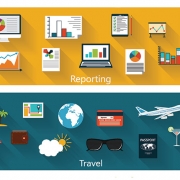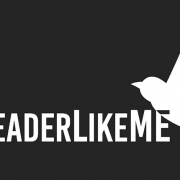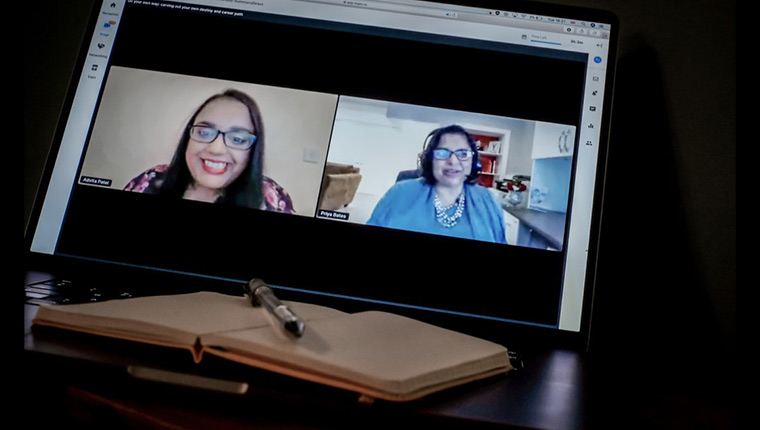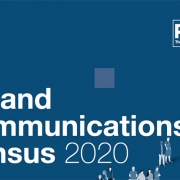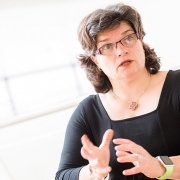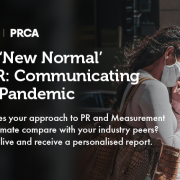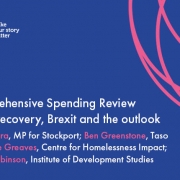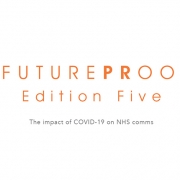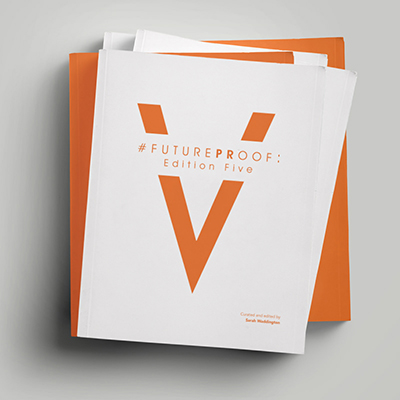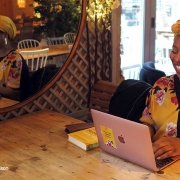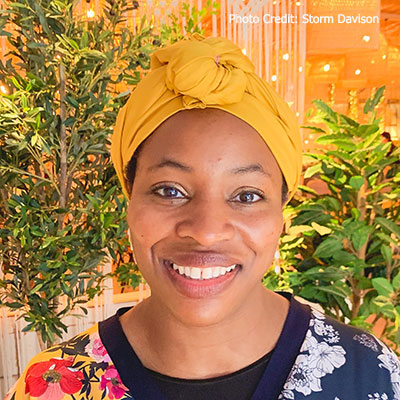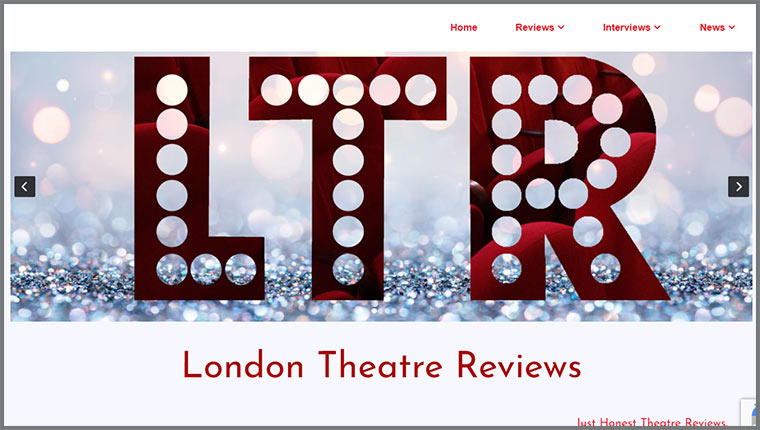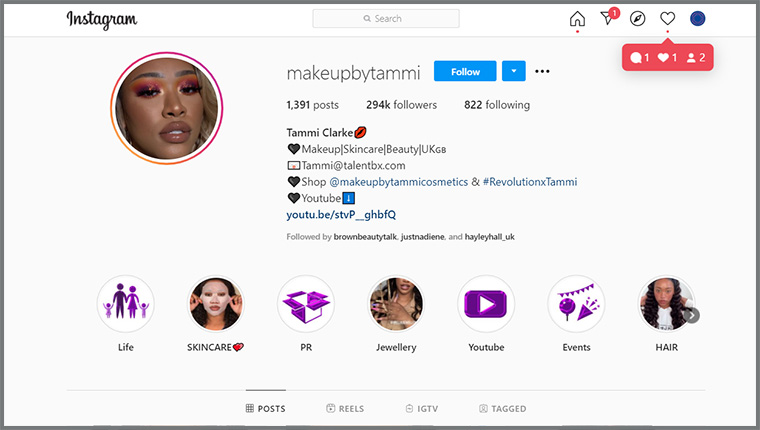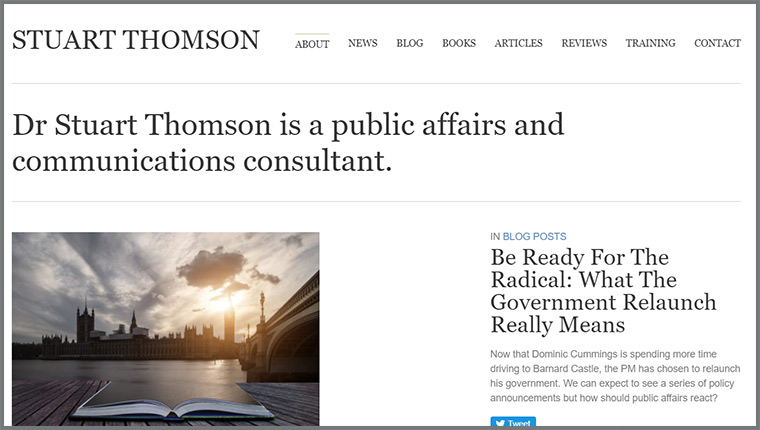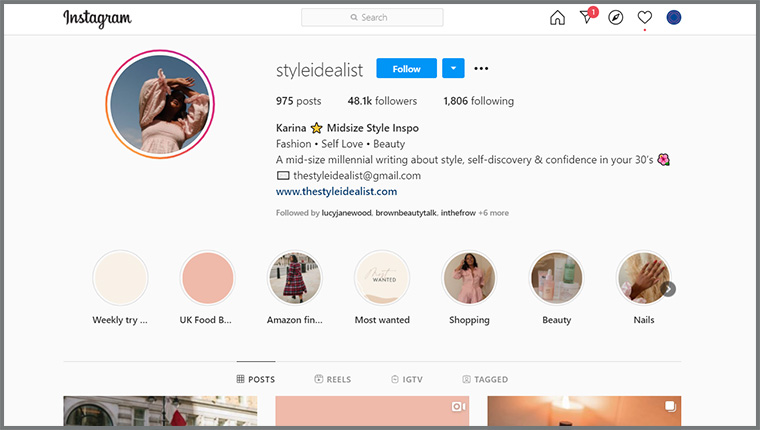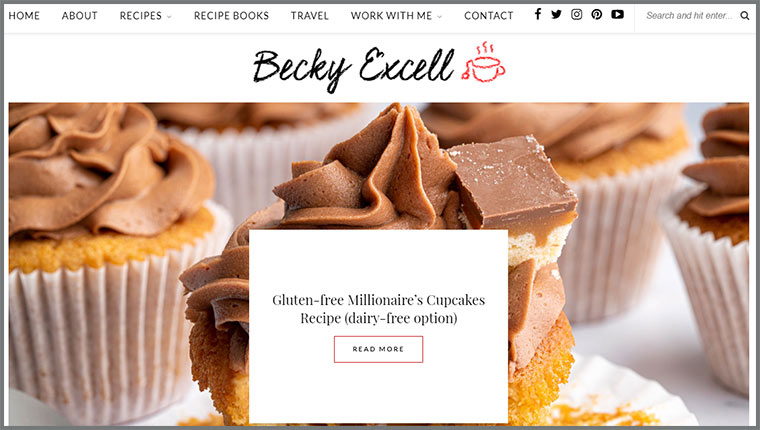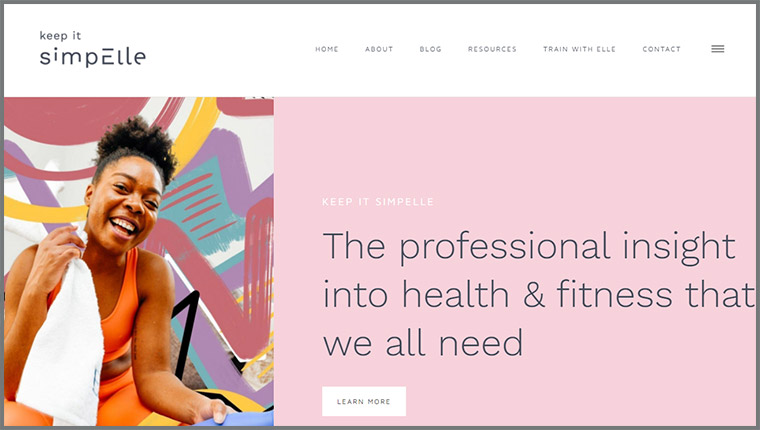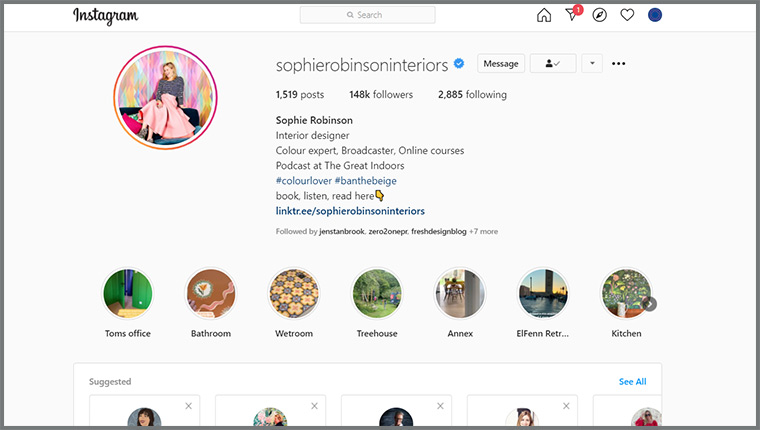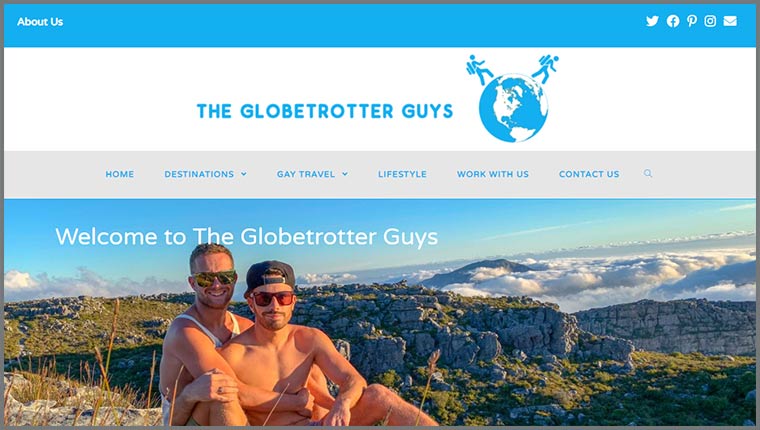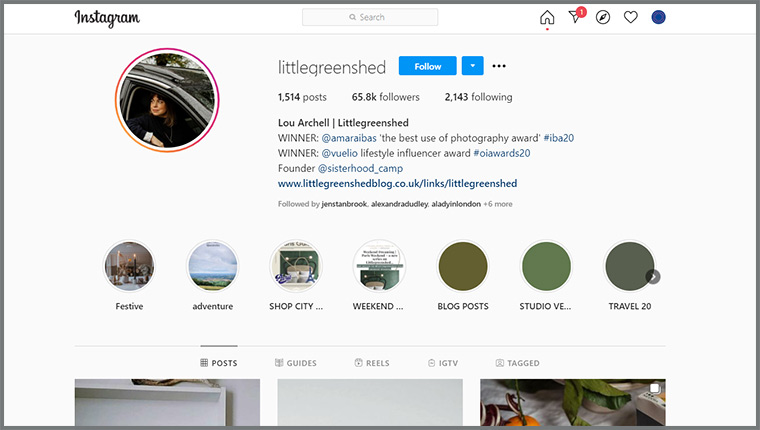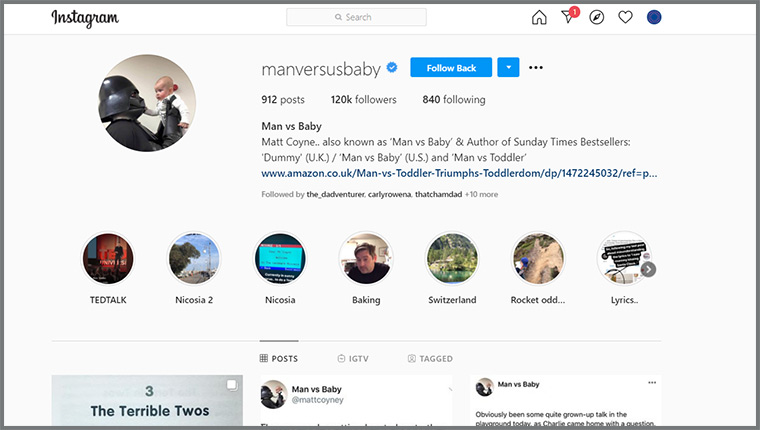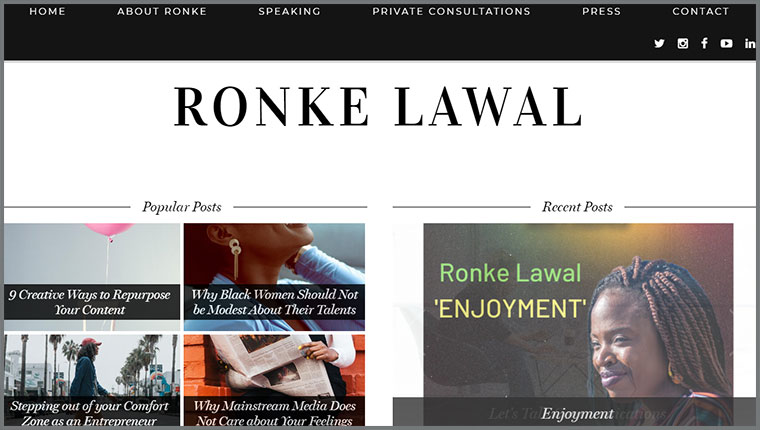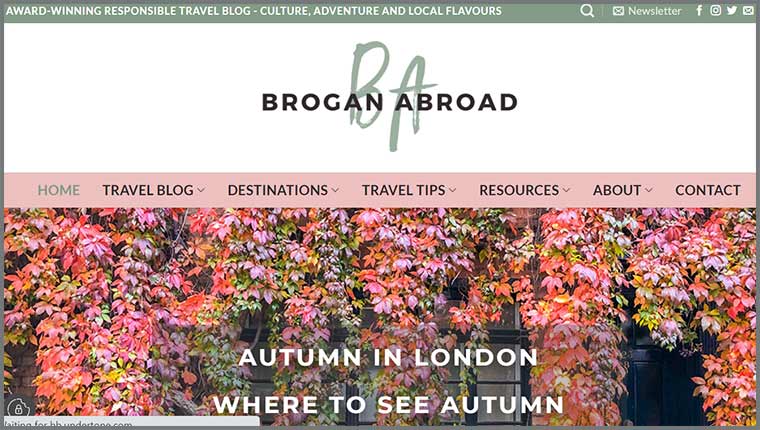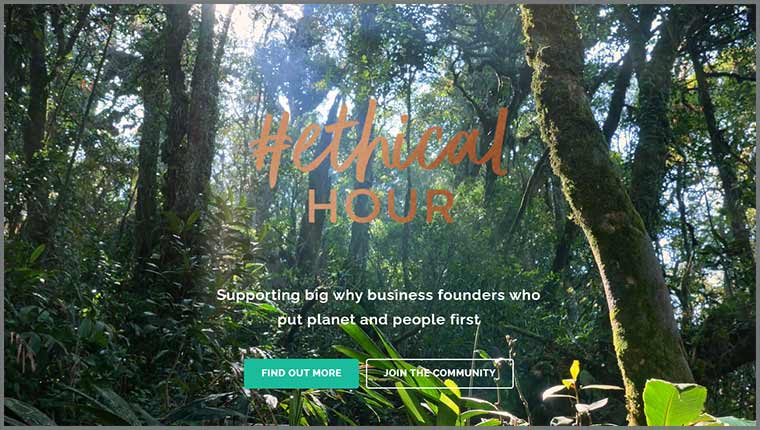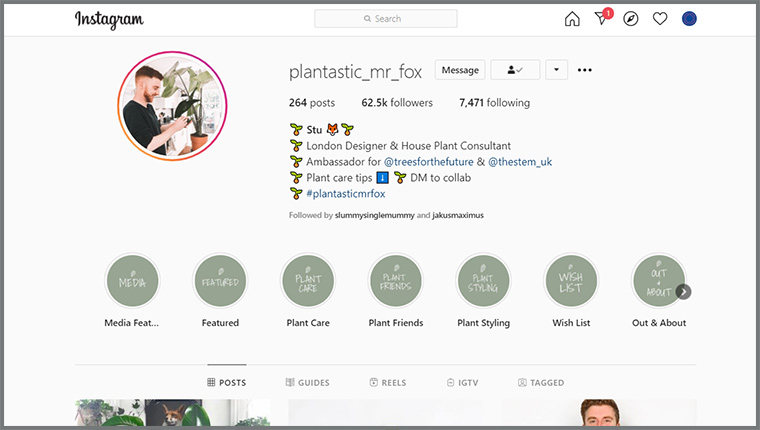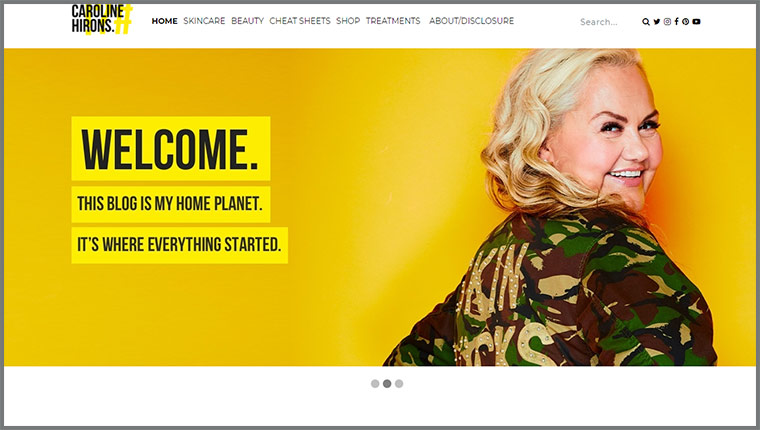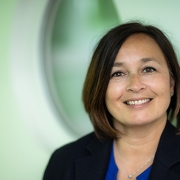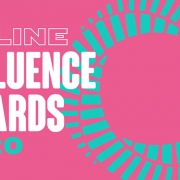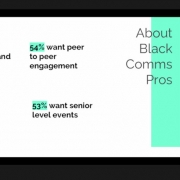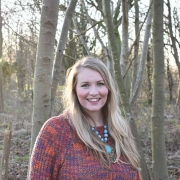10 PR and communications trends for 2021
2020 was a memorable year in communications and public relations.
More lessons were learned in a 12 month period that felt more like a decade for many of those at the coalface.
PR and communications is set to evolve even further in 2021 than it did in 2020 (and for more on that, read our overview of the year). But how?
We spoke to 13 PR thought leaders and asked them what communications professionals should anticipate next year.
Get ready for ethical thinking, non-traditional communicating, fighting fake news, more disruption and more opportunities for growth and change (the good kind).
1) Ethics shouldn’t be a dilemma
‘2021 will be the year when we have to decide, as a practice, whether we should stand up for what we believe in and push the boundaries of our perceived, and often imposed, structural confinement.
‘We need to decide whether we are a broadcast function or a progressive function. We should find ways to push back at what we know it is not going to be complied with, abided by or implemented and really take on that senior strategic advisory role and simply say “we cannot say this because …”.’
Ella Minty, #PowerAndInfluence
‘The ESG agenda is a very clear area of growth for next year. With this we have an unrivalled opportunity to help organisations embrace green, build social capital and think about the legacy they’d like to leave for future generations.’
Sarah Waddington, Astute.Work and #FuturePRoof
2) Find new ways of communicating
‘The challenge in the public sector (especially in public health) will be vaccine hesitancy and continuing to maintain compliance with public health messages. In the private sector, it will be a deeper understanding of audiences on a much more granular level than perhaps is the norm – what makes your message stand out? Why would your audience pay attention and engage with your message? What would drive them to take action? We’re seeing more senior leaders embrace a “test and learn” approach to communications.
‘Digital and data will be key areas to focus on for communicators in 2021. Practitioners who can club this knowledge with a strong understanding of measurement to demonstrate ROI on comms programmes will see opportunity and growth as more organisations and businesses appeal to their audiences in non-traditional ways.’
Shayoni Lynn, Lynn PR
‘I believe creativity is key and daring to be bold; the same use of the same tactics over and over again won’t be enough. Comms pros, if given space, can work with their team members to really communicate creatively using the right strategy.’
Ronke Lawal, Ariatu Public Relations
3) The war on fake news will continue
‘All of us have a responsibility to check the source of the information that’s being shared. We need to be super vigilant with everything. I don’t share anything unless I know it’s been verified by a trusted source. I call people out on spreading fake news and I try to redirect people to the single source of truth. If we all practised these basic rules and educated folks on how to spot misinformation and fake news, then there’s a chance it could be cut out right at the root.’
Advita Patel, CommsRebel and A Leader Like Me
‘We have to professionalise ourselves. Sometimes the worst instances of disinformation and fake news are perpetrated by those claiming to be PR consultants. All membership bodies have to distance themselves and call out poor practice.’
Mandy Pearse, Seashell Communications and CIPR
‘I am of the opinion that PR agencies will have enough commercial concerns to deal with disinformation. That’s a society wide issue that’s down to a wider schism than lies on Twitter. If you’re an organisation under disinformation attack, one of the best things that you can look at is the way the government of Taiwan handles the effluent that comes from activists leaping the great firewall.’
Ged Carroll, Freelance Strategy Director
4) Driving change as well as reacting to it
‘We must adopt a fast, responsive, change mindset that will drive change. Whatever we were as communicators before is now different. We can no longer wait to be informed of what needs to be communicated, whether that be a policy decision, company news or new consumer products and services. We must support business, governments and organisations to come up with solutions to the issues, supporting them to drive forwards and at pace.
‘We need a much nimbler approach, focused on engaging conversation and partnership at bottom-up level to influence decisions and environments. PR must be a sophisticated, solutions-led partner.’
Kerry Sheehan, CIPR
5) Analogue vs Digital
‘Are you digital or are you analogue? Advertising spend has hovered at around 0.7% GDP globally for a decade. Teasing out digital spend from analogue spend tells a tale of two very different fortunes, however. Analogue is in decline. Digital is in its ascendancy. Aside from channels, communicators will be challenged on their thinking. Are they legacy thinkers or fleet-of-foot nimble thinkers?’
Scott Guthrie, influencer marketing management consultant
‘Develop engaging digital-first content. Our year spent in front of our screens has increased expectations of what engaging content can and should be. I think there’s still a lot of space for comms (especially PR) to get out of the analogue-first mindset that has been stubbornly dominant for so long’
Julian Obubo, Manifest London
6) Trustworthiness must extend from PR, comms and journalism to influencers
‘We are not an industry that speaks with one voice, sadly (irrespective of where we are or which organisation we are members of). The best way we can challenge these is only by using a concerted, yet individual effort, in establishing our employers and clients as trustworthy, as “first port of call” for accurate information, and as knowledgeable. We need to learn “business”, business models and business “numbers” but, most of all, we need something without which we cannot succeed – and that is critical thinking and analysis.’
Ella Minty
7) AI may be an upcoming MVP
‘The big opportunity is new technologies, digital innovation, automation and AI. I’ve upskilled to build algorithms, machine learning processes and become au fait with real data and the challenges it brings us in terms of bias and ethics. This is a huge area of opportunity for us. But many haven’t upskilled into AI. They must to remain relevant, or get left behind.’
Kerry Sheehan
8) Some opportunities will depend on Government choices
‘It will be really interesting to see how interventionist the Government will be. It could choose to be ‘hands-on’ across everything from the economy, to new post-Brexit arrangements, to public health. A more active and interventionist approach will mean new regulations, legislation and adverse political comment, all of which needs managing. Sectors could be treated in very different ways, and without effective engagement you often get adverse decisions. The opportunity and growth comes through the Government’s agenda and effective political risk management.’
Stuart Thomson, BDB Pitmans
9) Building on the good bits of 2020
‘The main challenge now is cementing public relations as a strategic discipline within the management framework. That means doubling down on the strategic element of our practice and committing to meaningful measurement that is tied to business objectives. You could say it’s easier for PR professionals to prove their value in times of crisis, but now we need to earn our spurs in peace time, too.
‘Another challenge will be maintaining businesses’ appetite for change on diversity and racial inclusion. We’ve seen a renewed energy amongst brands and organisations and it’s vital that translates into tangible action.’
Koray Camgoz, PRCA
‘LOTS more work to do, but a sharper focus on diversity and inclusion in 2020 has meant that businesses are beginning to build more inclusive internal environments and cultures for more inclusive thinking and planning. As well as learning from a more diverse group of communications professionals (hopefully attracting more talent to the sector), products, marketing, communications and campaigns are becoming more representative of the diverse society we live in.’
Michelle Goodall, Access Intelligence
10) Disruption will also provide opportunity
‘Clearly the economic impact of the coronavirus pandemic is going to be severe. That means not only a challenging environment for the communications sector itself, but we’ll be involved in helping our clients communicate through some very tough situations. And then, of course, there’s Brexit…
‘But it’s in these situations that communications professionals can really show their value in helping to navigate choppy waters.’
Mark Pinsent, The Hoffman Agency
Looking for more from our PR and communications trends predictors?
Interview on A Leader Like Me with Advita Patel
Mandy Pearse’s plans for the CIPR as president-elect
Interview with Stuart Thomson about his PR & Comms Best Influencer win at the 2020 Online Influence Awards
accessmatters session with Julian Obubo
Sarah Waddington’s #FuturePRoof Five
Kerry Sheehan’s work on AI in PR at CIPR
Spotlight on #PowerAndInfluence with Ella Minty


